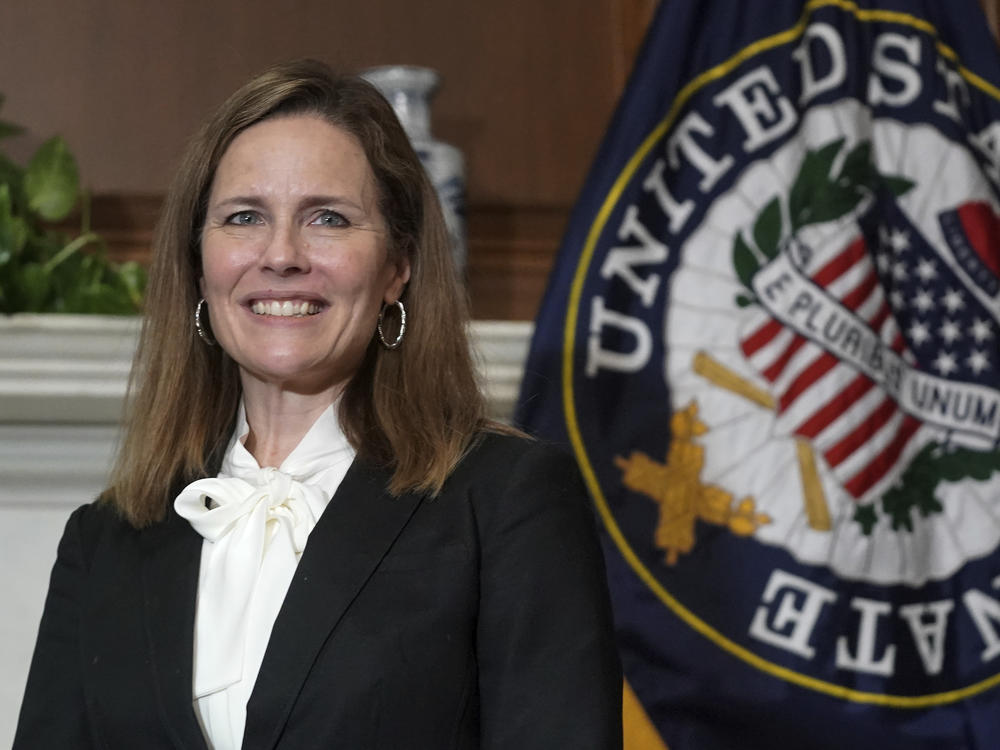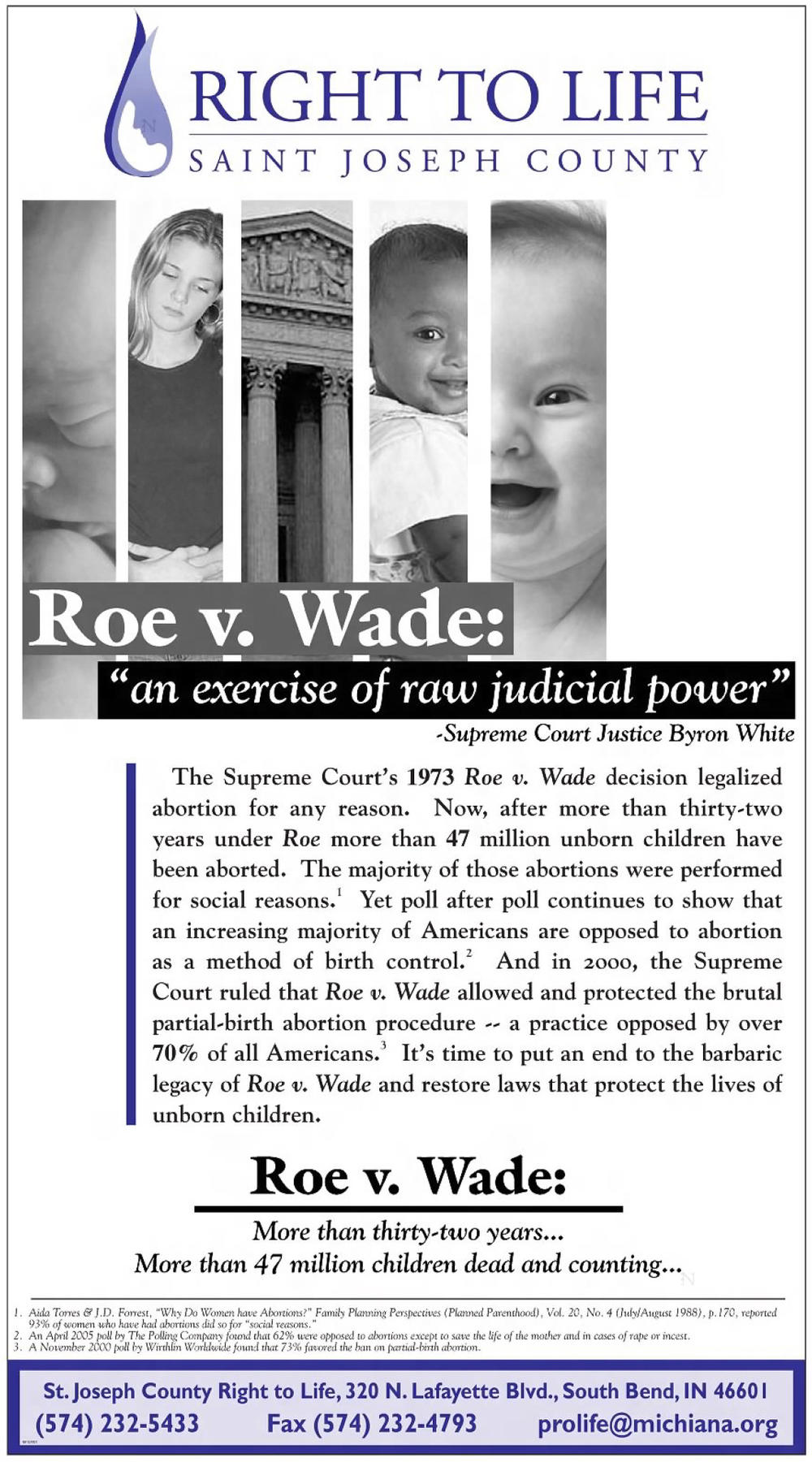Section Branding
Header Content
Duckworth: Block Supreme Court Pick Who Thinks 'My Daughters Shouldn't Even Exist'
Primary Content
A Democratic U.S. senator who has spoken openly about motherhood and giving birth at age 50 is asking her Republican colleagues to reconsider their support for Supreme Court nominee Amy Coney Barrett in light of the judge's ties to an organization that has publicly opposed some types of fertility treatments.
In a letter to her colleagues, Sen. Tammy Duckworth of Illinois describes the role of in vitro fertilization, or IVF, in helping her conceive her two daughters, now 5 and 2. In 2018, Duckworth famously brought her newborn daughter, Maile, on the Senate floor after lobbying for a rules change.
In the letter, Duckworth describes Barrett as someone who "appears to believe that my daughters shouldn't even exist" and says, "I write to each of you today, and especially to my Republican colleagues who cooed and cuddled Maile when she first visited the Capitol, in hopes that you will fully consider the very real impact your vote on this unprecedented nomination could have on those Americans hoping to start families of their own."
The letter comes in response to reports that first appeared last week in The Guardian that Barrett and her husband, Jesse, had signed an ad in 2006 in the South Bend (Ind.) Tribune from an organization known then as St. Joseph County Right to Life.
That ad called for putting "an end to the barbaric legacy of Roe v. Wade" – the Supreme Court decision that legalized abortion nationwide. It urged readers to "defend the right to life from fertilization to natural death."
The group, now part of an organization called Right to Life Michiana, is based in South Bend, where Barrett has worked as a law professor at Notre Dame University. In an interview with The Guardian, Executive Director Jackie Appleman said her organization supports criminal penalties for doctors who perform abortion, and for doctors who discard embryos as part of IVF treatments.
"Whether embryos are implanted in the woman and then selectively reduced or it's done in a petri dish and then discarded, you're still ending a new human life at that point and we do oppose that," Appleman told The Guardian.
She added that "at this point we are not supportive of criminalizing the women."
Reached by phone by NPR, Appleman declined to comment but pointed to a National Review article in which officials from Right to Life Michiana say that Barrett and other signers of the letter may not have been aware of the full content of the ad before it was published. The appearance of Barrett's name in the ad has drawn criticism from abortion-rights advocates who warn that, if confirmed, she'd likely vote to overturn Supreme Court precedent guaranteeing abortion rights.
But Duckworth's warnings to her colleagues go further. In an interview with NPR, Duckworth said she hopes Democrats on the Senate Judiciary Committee will bring up the implications of Barrett's views for fertility treatments and other types of reproductive health care, including contraception, during her upcoming confirmation hearings.
Duckworth said she wants her Republican colleagues to understand fully the implications of their vote.
"I think many people don't realize that these positions where life begins at the fertilization of an egg would actually rule out IVF," she said.
Barrett's defenders have pointed to comments she made during her 2017 confirmation hearings before the Senate Judiciary Committee for her position as a federal appeals court judge in which she said that the law, not her personal views, would dictate how she rules in cases.
Copyright 2020 NPR. To see more, visit https://www.npr.org.



